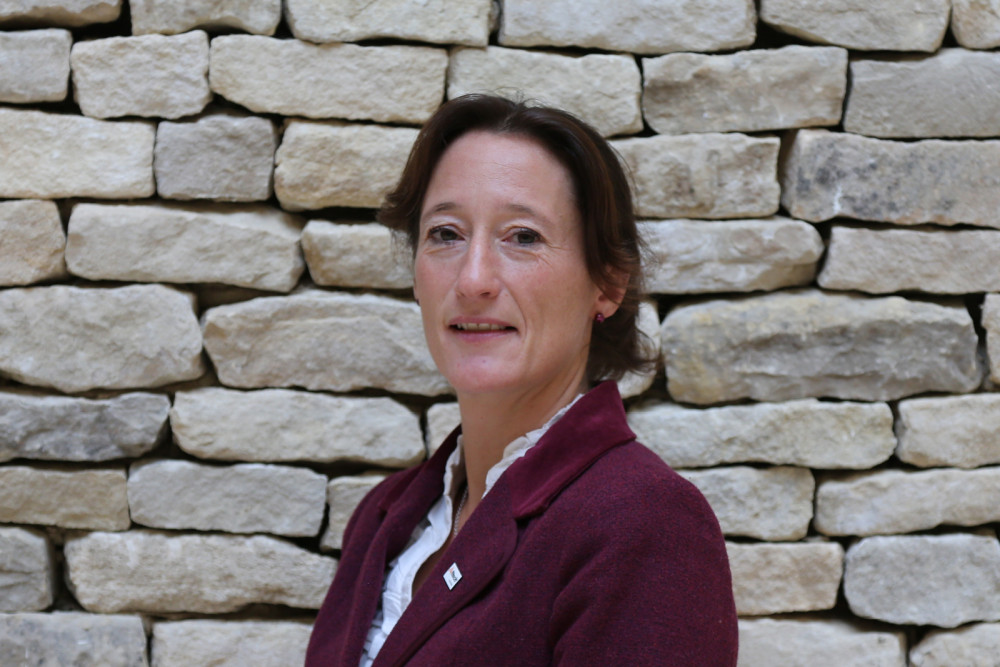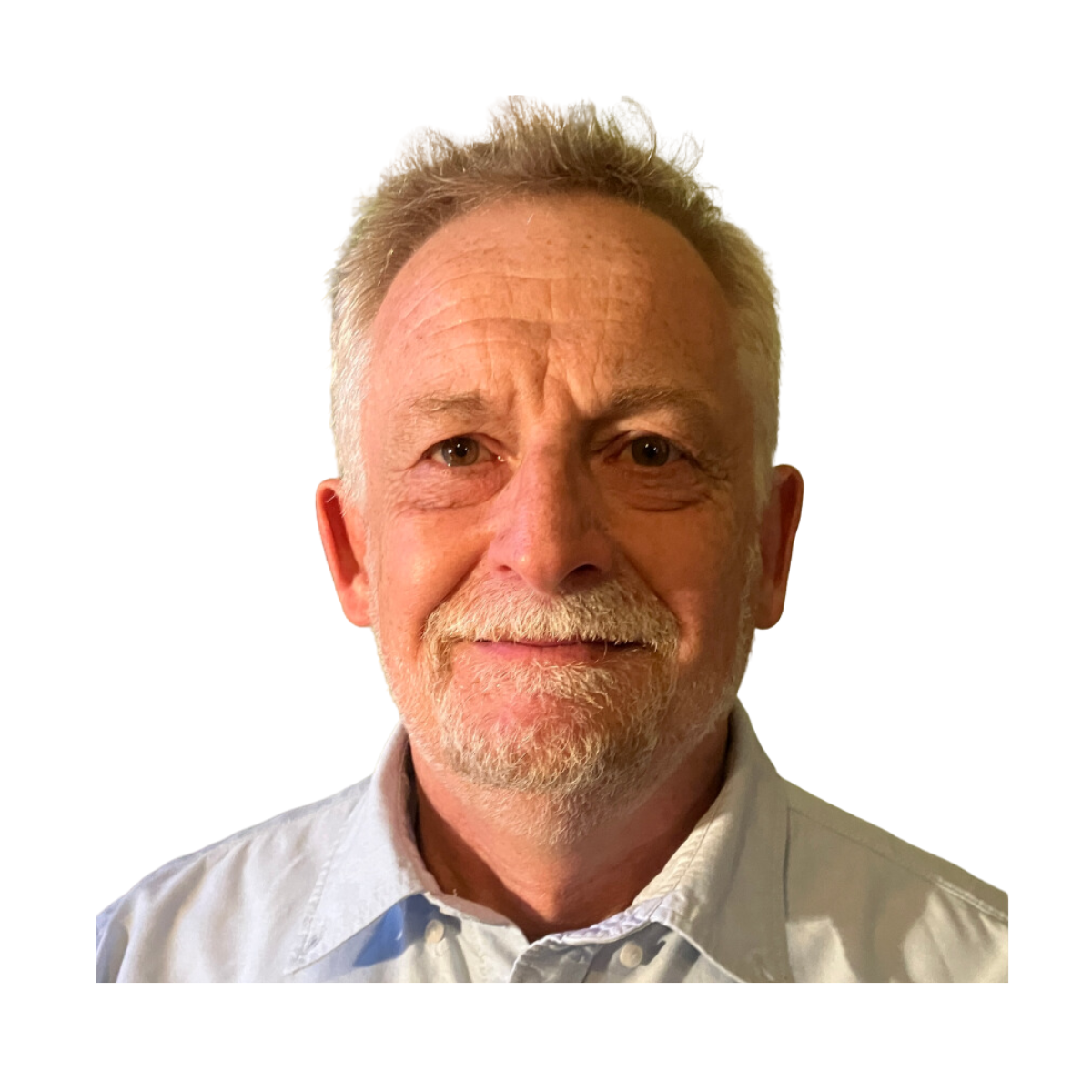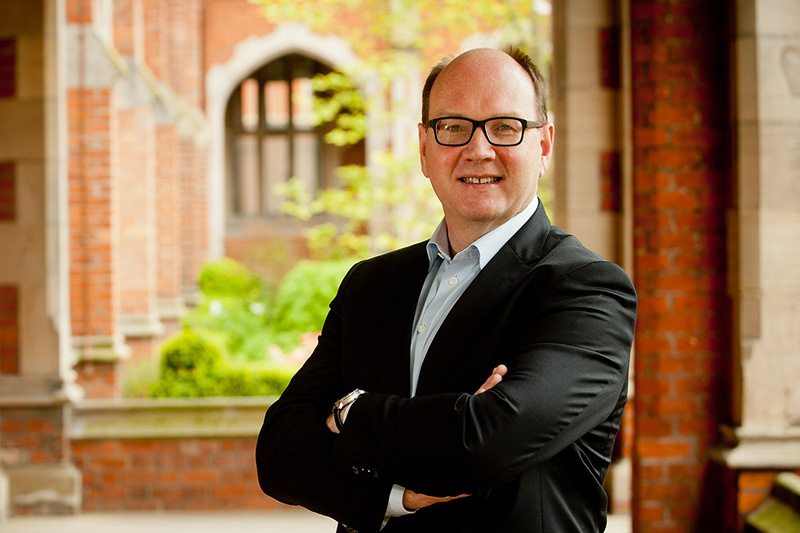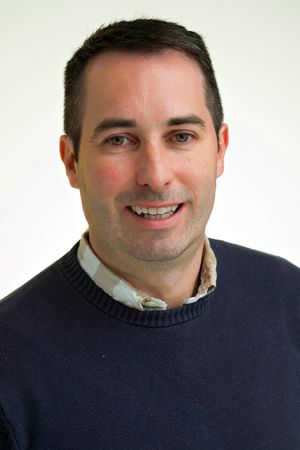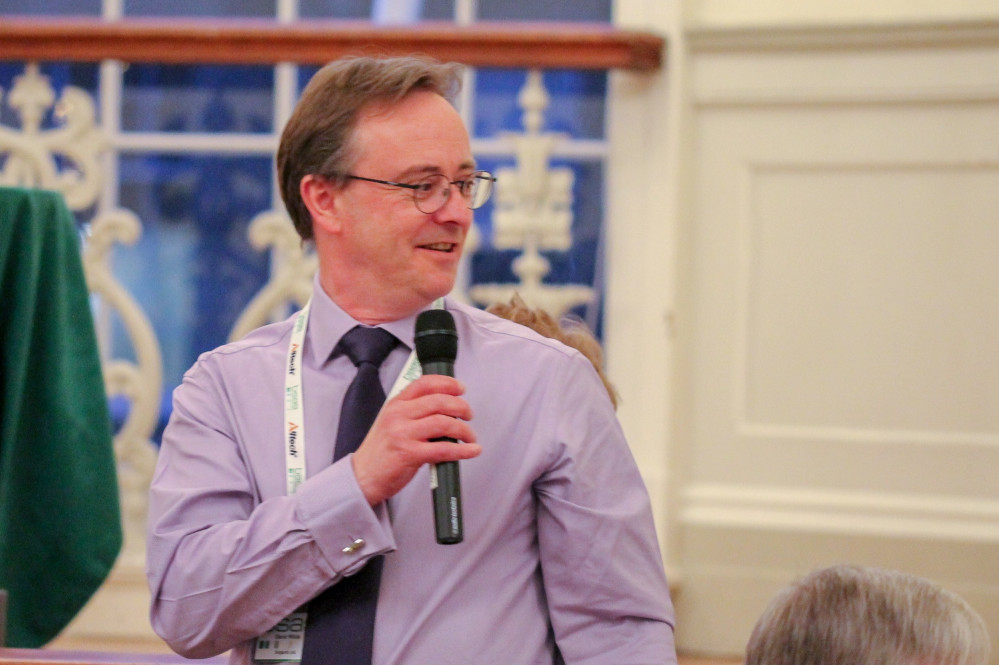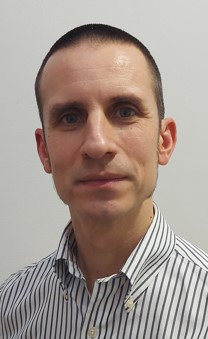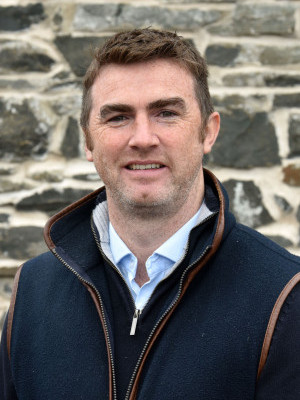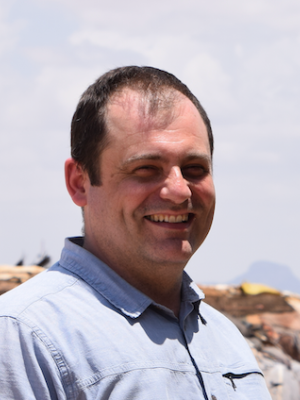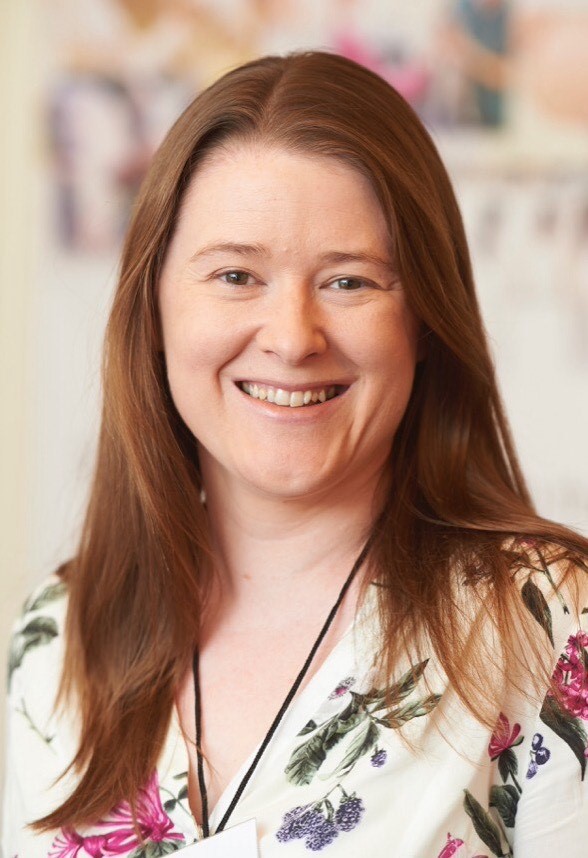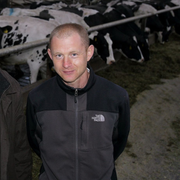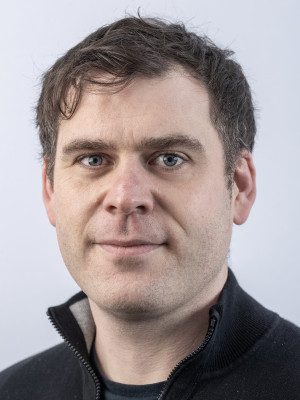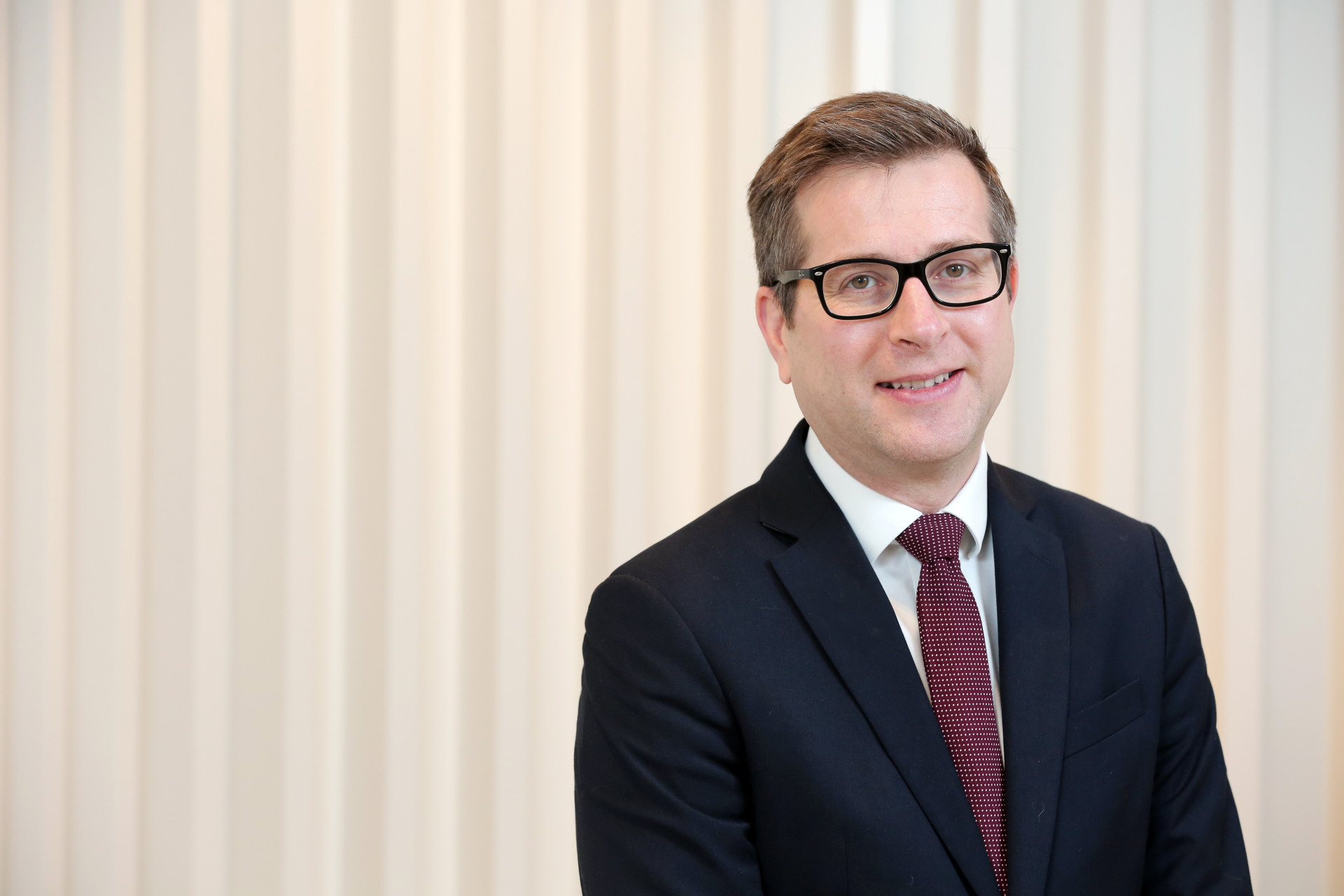Diarmuid is a Qualified Chartered Accountant with 14 years’ experience in finance and accounting roles across a number of industries including professional services, manufacturing and agriculture. He currently works in Teagasc, the state agency providing research, advisory and education in agriculture, horticulture, food and rural development in Ireland.
Diarmuid graduated from University College Cork (UCC) in 2006 with a 1st Class Honours degree in Finance and went on to complete a Masters in Corporate Finance & Accounting at UCC. He then undertook the Master of Accounting at the UCD Smurfit School of Business. This programme is designed for graduates who have majored in business, accounting and finance and who wish to pursue a career in accounting either within the profession or with local or multinational companies. The Master of Accounting is the leading, longest-established accounting-specialist Master’s degree in Ireland.
Then, in 2009 Diarmuid joined Deloitte, the leading global provider of audit and assurance, consulting, financial advisory, risk advisory, tax, and related services. Deloitte is the largest professional services firm globally with approximately 286,000 people in more than 150 countries, bringing world-class capabilities and high-quality services to their clients. It was while at Deloitte that Diarmuid gained his chartered accountancy training and qualification working in the audit department from 2009 to 2013. He worked and excelled on audit teams on a wide-ranging portfolio encompassing indigenous and multinational clients across a broad spectrum of industry sectors such as manufacturing, health, foods, broadcasting and logistics. Diarmuid also got the opportunity to work in the UK and Guernsey Deloitte offices broadening his experience and exposure to reporting under UK GAAP as well as IFRS and Irish GAAP.
Following his time in Deloitte, Diarmuid then gained valuable industry experience for the next three and a half years working first in Pfizer Pharmaceuticals Centre of Excellence as an Operations Analyst and then in One51 ES Plastics before moving to Teagasc in 2016.
Diarmuid is a hardworking and self-motivated individual with established communication and teamwork skills. His mission is to become part of an organisation in which he feels he can add value. One of his greatest achievements has been how he has built and maintained strong relationships with key stakeholders in his various roles and used these relationships to clearly and openly communicate business and budget priorities in order to positively influence spending behaviours and budget decision making, ensuring good corporate governance.
